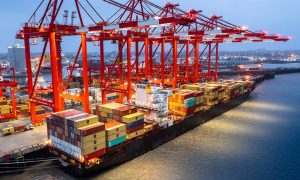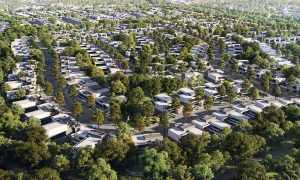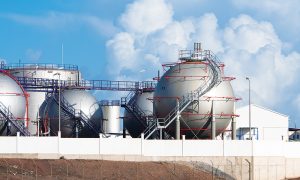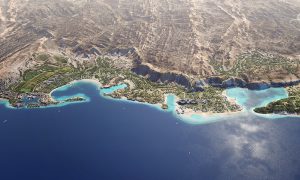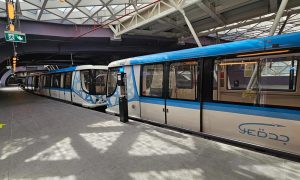Right on track
As tenders are issued for the first phase of the UAE’s national rail network, The Big Project speaks to Etihad Rail CEO Richard Bowker about putting the country’s latest megaproject on track
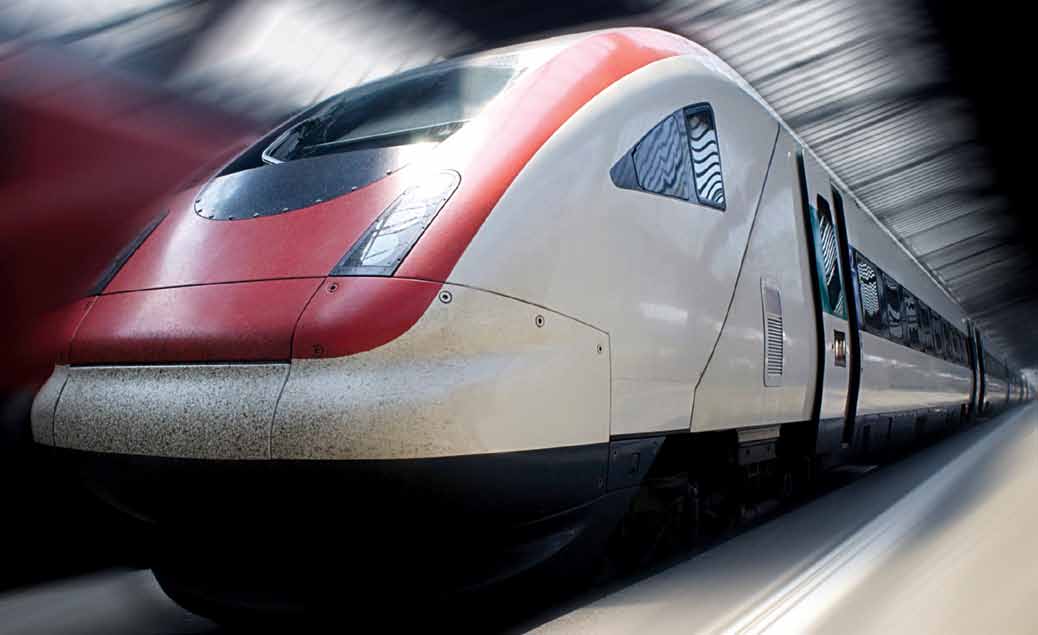
As tenders are issued for the first phase of the UAE’s national rail network, The Big Project speaks to Etihad Rail CEO Richard Bowker about putting the country’s latest megaproject on track
Last month, Etihad Rail issued tenders for both the rolling stock and civil and track works for the first phase of the UAE’s newest infrastructure mega project.
A 1200km, mixed traffic network, requiring estimated total investment of US$10.9 billion (AED40 billion), the three-phase project not only signals another first for the UAE, but upon completion is planned to link the entire GCC.
More than 20 pre-qualified consortia received the tender release on March 1; comprising project design, procurement, construction, testing and commissioning.
[facts]
Railway Facts
Cost Total investment is estimated around AED 40 billion (for the core national mixed traffic network).
Delivery Multiple phases with the first commercial service to start in 2013.
Length Network is estimated to extend up to 1,200 km.
Network Connects all the emirates, eventually linking the UAE to Saudi Arabia via Ghweifat in the west, and Oman via Al Ain in the east.
Energy The mixed traffic network will be operated by diesel trains, with provision for electrification in the future.
Speed Freight trains at speeds of up to 120 km/h; passenger trains up to 200 km/h;
Goods Will carry bulk freight (quarry products, steel, cement and sulphur etc.), and containers for general freight.
[/facts]
Construction of the Shah Habshan Ruwais line is due to begin this year, with Phase 1 due for completion in 2013.
The network will be predominantly double track; designed for mixed traffic and equipped with an in-cab European signalling system (ETCS level 2).
Completion of the UAE network will be phased, with freight trains carrying sulphur, steel and cement, by 2013 and passengers by 2017. The network will form a “vital” part of the planned GCC-wide railway, linking the UAE to Kuwait, Saudi Arabia, Bahrain, Qatar and Oman. In future, via the Saudi Arabia line it will also link to Europe and Asia.
Trains will run on Diesel, with “provision for electrification” in the future.
Etihad Rail say that, once complete, the network will “redefine logistics and transport in the region, providing as a safe, efficient, sustainable network that links all corners of the UAE, and eventually, the UAE to the wider GCC.”
All aboard
Reports over recent weeks have speculated that two Korean firms meeting bid qualifications are favoured to win a contract. Officials at the Dubai-based KOTRA Business Centre claim doubts have been raised regarding the safety of “cheap” Chinese contractors who have also placed bids.
The speculation has been fuelled in part by former Union chairman H.E. Hussain J. Al Nowais’s recent trips to Australia and Korea to “learn from best practice and experience in railway businesses from around the world”, according to reports.
Asserting that Etihad receives a “very high level of interest” for every Expression of Interest issued, CEO Richard Bowker, says: “Companies showing interest come from all over the world. The technology will not be based on that of one single country.
“Best practices from various countries will be referred to in order to match the functions of the network.
“For instance, the signalling will be based on the latest European Systems and the heavy freight trains are likely to reflect the designs and operation principles for North America and Australia,” he adds.
Development and operation
[facts]
LINKING THE GCC
SAUDI ARABIA
The Kingdom is spending an estimated US $25 billion on an additional 3900km of track for three major projects.
BAHRAIN
Part of the Friendship bridge plans, to link Bahrain and Qatar, the state was said to be studying plans for a 184km, $8 billion network.
OMAN
Expected to be completed in 2017, Oman’s 500km network will connect ports, airports and freezones, with further plans for a passenger network and metro.
KUWAIT
Plans for a network costing $11 billion include a metro system in Kuwait City and a 245km link between national ports and seaports; Iraq and Saudi Arabia.
YEMEN
Infrastructure upgrades announced in 2010 included a $3.5 billion, 2500km railway between the country’s border with Saudi Arabia and the coast.
[/facts]
Commenting on the pace of the project Bowker says: “Etihad Rail was formed in 2009, by mid-2011 we are going to start on the physical construction of the Shah Habshan Ruwais line. Considering the level of details and infrastructure over the 1200km network, this pace is tremendous.”
The former chief of British transport group National Express, Bowker has also worked for London Underground and Sir Richard Branson’s Virgin Rail; at one point holding the position of group commercial director responsibile for transport. He was awarded a CBE by HM Queen Elizabeth in 2005, for services to the railway industry.
In 2009 Bowker was appointed CEO of Etihad Rail, formerly Union Rail, a company created by the Federal Government of the UAE to realise plans set out by Abu Dhabi’s ministry of economy in 2006.
Etihad has a mandate to manage the development, construction and operation of the UAE’s national railway.
“The UAE is a country which has grown at a rapid rate,” Bowker says when asked how the UAE has achieved exponential growth without a nation-wide transport network.
“Solutions that were appropriate at the time need to be enhanced to form a modern network, taking into consideration the environment and predicted rate of rapid development.”
